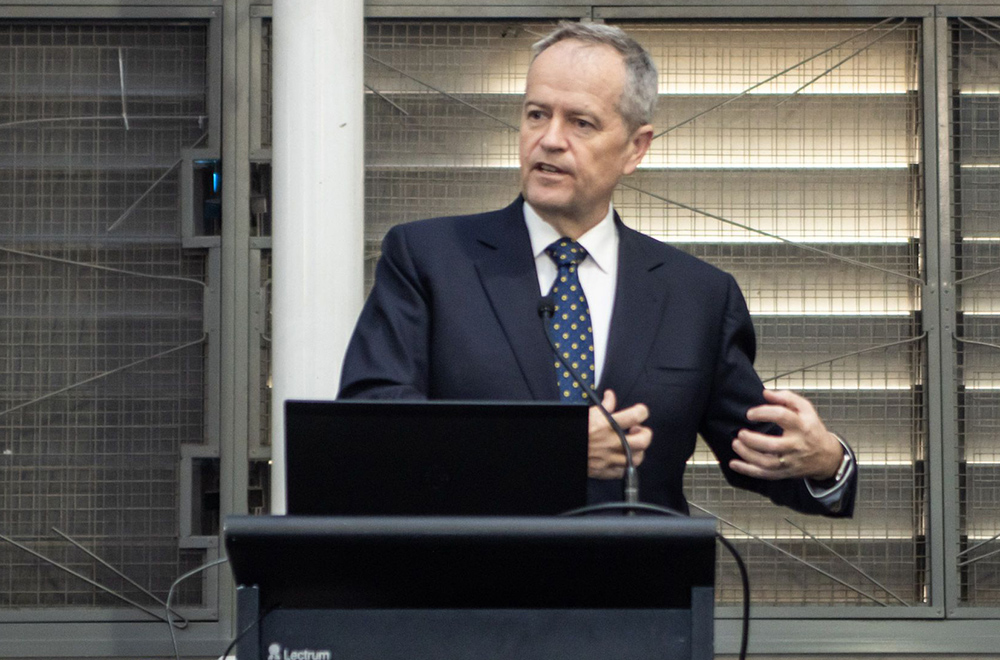NDIS Shadow Minister Bill Shorten, spoke at the ATSA Expo in Melbourne where he called for more creative thinking when it comes to assistive technology (AT) and the disability sector.
He posed this question to the audience. “Where is the voice of AT in your industry”? While acknowledging the AT presence at the expo he said the industry needs to think more boldly. “The sum of the parts of AT is greater than the voice you currently have and as a sector you need to do it better. You are a sector with your own identity, making changes to many lives.
“Keep doing 99 per cent of what you are doing but change the one per cent. How do you create a domestic industry in Australia to manufacture more here and prioritise investment?
“I always thought the NDIS would create new markets with AT innovations that would lead to thinking differently about disability. The industry needs to become more unified with a louder voice to make you bigger players in an economy where you are already prominent. You are at the exciting end of disability.
“A lot of people are doing very clever things based on technical knowledge and knowing someone they want to help. Some of the rehab I have seen with robotics and mechanical devices are incredible.”
When it comes to the NDIS there are a lot of arguments on top of what he believes is too much red tape with some of the processes to get approvals described as “mindboggling.”
“Sometimes I think the government spends more money arguing with people about what they should be receiving than the cost of what they are trying to get. In the past year $17 million was spent on lawyers employed by the National Disability Insurance Agency (NDIA) to argue with participants. The NDIS has become a system that protects itself and not the people in it.”
And he is not buying the argument that there is a crisis in the NDIS on sustainability. “I don’t think people with disability are getting too much, or the way they receive an individual package should be made harder for people to get into the scheme. If the government wants to save money it should be sure that providers are not over-servicing invoices or bogged down in waiting times to change plans, get reviews and assessments.
“Being miserly at the front door does not necessarily save money and it comes down to individual choice which the government seems to be struggling with.
“Individual assessments should be standardised so everyone is part of the same decision making process. The problem is not to make it harder for people who are already in the scheme unless you have a cost-cutting agenda. There are legitimate issues of reform and it is always good to make decision making more transparent,” he said.

